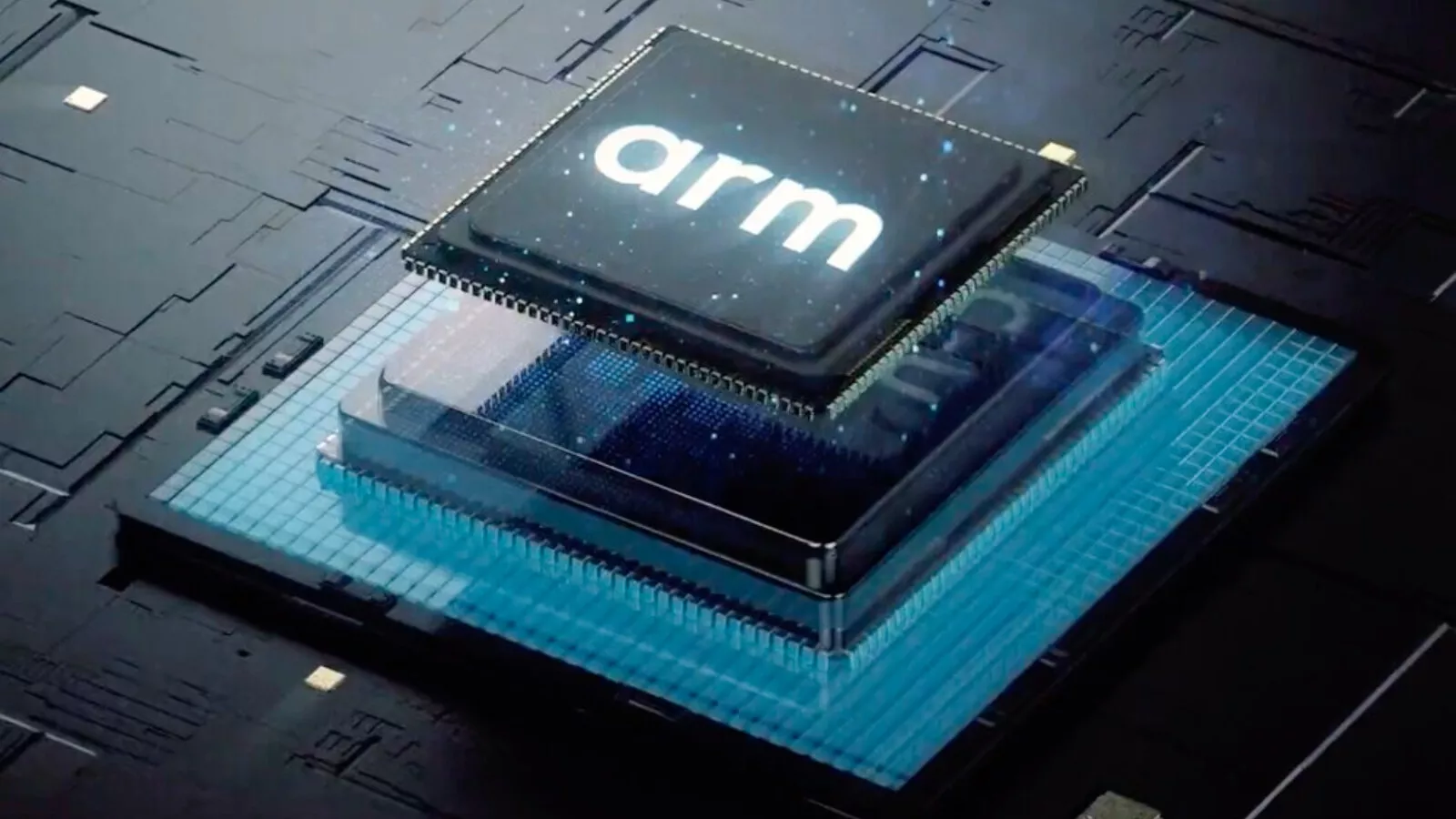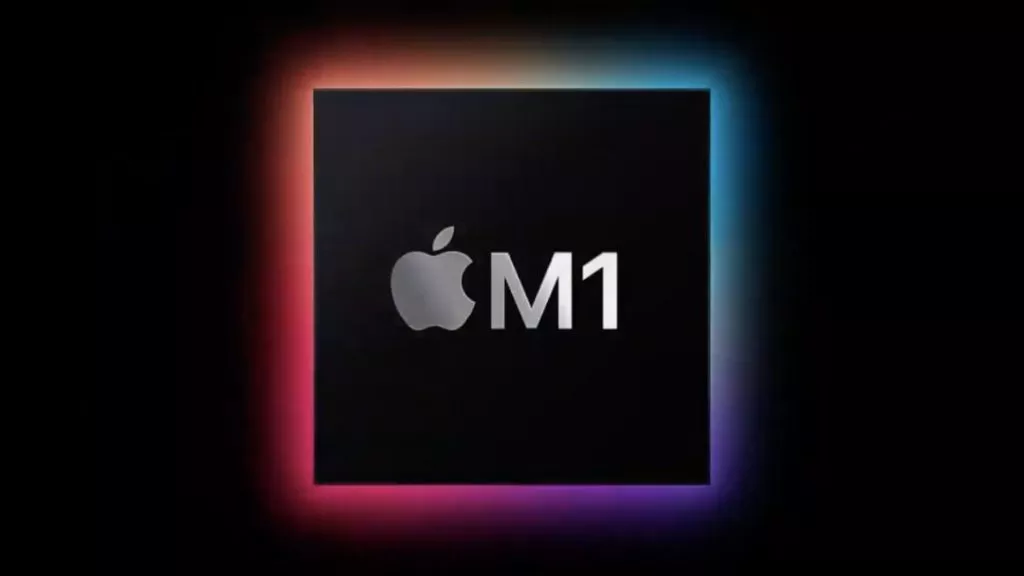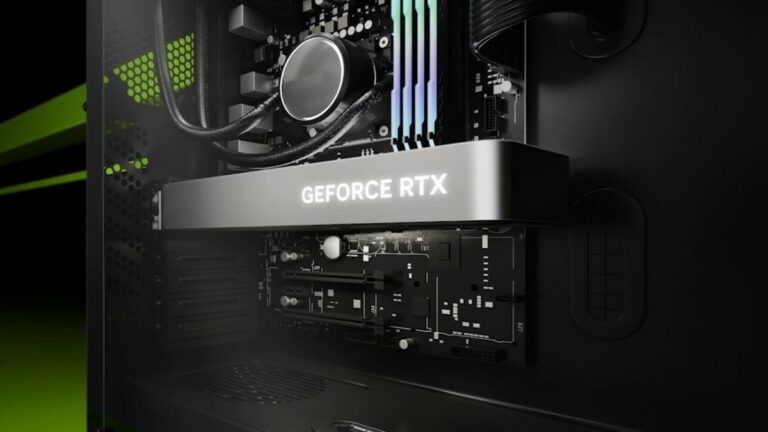ARM Blackhawk CPU: Can Cortex-X5 Help Android Beat Apple Chipset Performance?

It’s no secret that Android processors, whether Qualcomm or MediaTek, have consistently lagged behind Apple in terms of raw performance. However, a recent report from Moor Insights and Strategy suggests that after decades of trailing, ARM could narrow the gap and potentially surpass Apple’s offerings with the upcoming Cortex X5 CPU core.
What type of performance gains can we expect?
Codenamed Blackhawk, ARM’s new core design reportedly delivers the “largest year-over-year IPC (instructions per cycle/clock) performance increase in 5 years,” making it one of the most significant upgrades since the introduction of the Cortex-X series of processors in 2020. Additionally, aligning with industry trends, the core also boasts impressive Large Language Model (LLM) performance and generative AI capabilities.
However, while the Cortex-X5 core appears to close the gap in benchmarks, its real-world implications on battery life remain uncertain. Therefore, if there is a significant impact on the battery, brands like MediaTek could once again skip the performance cores in favor of medium and efficiency cores.
Doesn’t ARM make Apple’s processors?

The answer is yes, but also no. You see, Apple uses ARM’s technology to design its own chips, retaining exclusive rights to these designs. This distinction has led to a substantial performance gap, enabling iPhones to run full-desktop-level games while their Android counterparts often struggle even with regular mobile games.
When can we expect ARM’s Blackhawk on phones?
Although specific timelines are still unclear, the technology could debut in phones, hitting the market towards the end of this year. Regarding specific processors, both the upcoming MediaTek Dimensity 9400 and Samsung Exynos 2500 are slated to integrate the new Cortex-X CPU core, bringing them closer in performance to Apple’s A18 Pro and Bionic SoCs.
However, it is also important to note that the Snapdragon 8 Gen 4 will not incorporate ARM’s new CPU core; instead, it will introduce Qualcomm’s own Oryon CPU cores.






